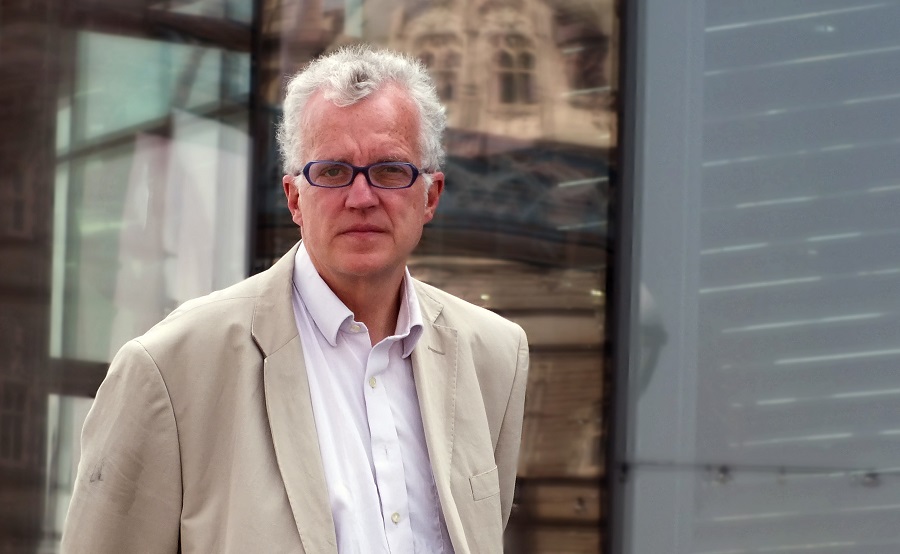I’ve just come back from a trip to St Petersburg where, at the instigation of the Bankwatch organisation, I gave a talk to activists fighting against various transport schemes which are to be funded by Public Private Partnerships. I came away deeply depressed at the situation in Russia but full of admiration for these brave campaigners, standing up to a state that is all-powerful and utterly undemocratic.
Of course, to a country like Russia a PPP seems like a great idea as they think it means they will get infrastructure without having to pay for it – or at least far less than otherwise. So they come up with grand schemes – the one in St Petersburg involves a road by-pass around the City that would cost a staggering $6bn – and then try to get the private sector interested, with lavish displays of hospitality and all kinds of inducements. There is undoubtedly corruption at play here on all sides, because on the face of it such schemes seem to be massively expensive and yet offer few real benefits.
The scheme itself makes little sense with hugely optimistic traffic forecasts. In environmental terms it would be massively damaging, especially to the Yuntovo forest area north of the city. In transport terms, it merely encourages the generation of more traffic in a city which desperately needs better public transport, though it already has an excellent metro which serves the central areas.
The scheme is currently on hold following the world financial crisis but is kept alive because of promises of funding from the European Bank for Reconstruction and Development, the state-owned belonging to 59 countries across Europe. If it were not for the bank, such schemes would never get off the ground.
Above all, one has to admire the courage of people prepared to resist these schemes. The Russian state barely makes any pretence of democracy and is entirely dominated by Putin and his cronies. A group of activists from the Yunklovo forest area wanted to stand as candidates in the local elections but were prevented from doing so by bureaucratic obstacles deliberately put in their way, such as demands to prove that signatories were valid. It does show what an easy time of it we have here.
